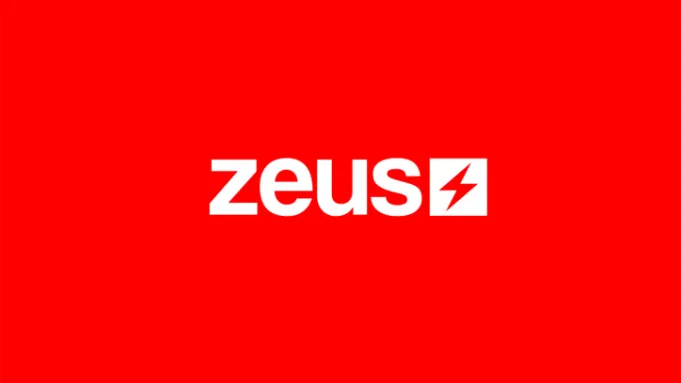Ethereum ETFs will eventually succeed

John Wu, CEO of Avalanche (AVAX) developer AvaLabs, expressed a positive view on Ethereum (ETH) and ETH ETFs in an interview with Bloomberg TV, according to the Daily Hoarder. “The key for ETH is to create utility and use cases. In that regard, there are a lot of competitors, from Avalanche (AVAX) to Solana (SOL). So supply is growing (for users), but transactions are stable. Because of this competitive nature of the DeFi space, Ethereum ETFs will eventually succeed.” “Ethereum ETFs will make ETH more accessible. This is definitely a positive factor.”
Meanwhile, Ethereum spot ETFs have seen net outflows overall since their launch last month, while Bitcoin spot ETFs launched earlier this year have been relatively successful, according to a research report published Wednesday by JPMorgan. The Ethereum ETF began trading in the U.S. on July 23, about six months after the Bitcoin (BTC) ETF launched. According to the JPMorgan team, in the five weeks following each launch, the Ether fund experienced net outflows of about $500 million, while the Bitcoin ETF saw net inflows of more than $5 billion.
The weakness of the Ethereum(ETF) ETF was somewhat expected, the bank said, citing Bitcoin's “first-mover advantage,” “issues with Ethereum's exclusion of staking functionality, and lower liquidity, which makes it less attractive to institutional investors.” What was unexpected, however, was the $2.5 billion outflow from Grayscale's Ethereum Trust (ETHE). The bank had expected it to be closer to $1 billion as it transitioned from a closed-end fund to a spot ETF. JPMorgan noted that Grayscale launched a mini-Ethereum ETF to offset the outflows from ETHE, but the ETF has only seen $200 million in inflows.
“Given the weak demand for spot Ethereum ETFs relative to Bitcoin, we see growing interest among asset managers in applying for a combined ETF that provides exposure to both Bitcoin and Ethereum,” the JPMorgan analysts said. The bank said institutional and retail ownership of spot bitcoin ETFs was largely unchanged from the first quarter, with retail ownership at around 80%. “The majority of new spot Bitcoin ETFs have likely been purchased by retail investors since launch, either directly or indirectly through investment advisors,” it added.


